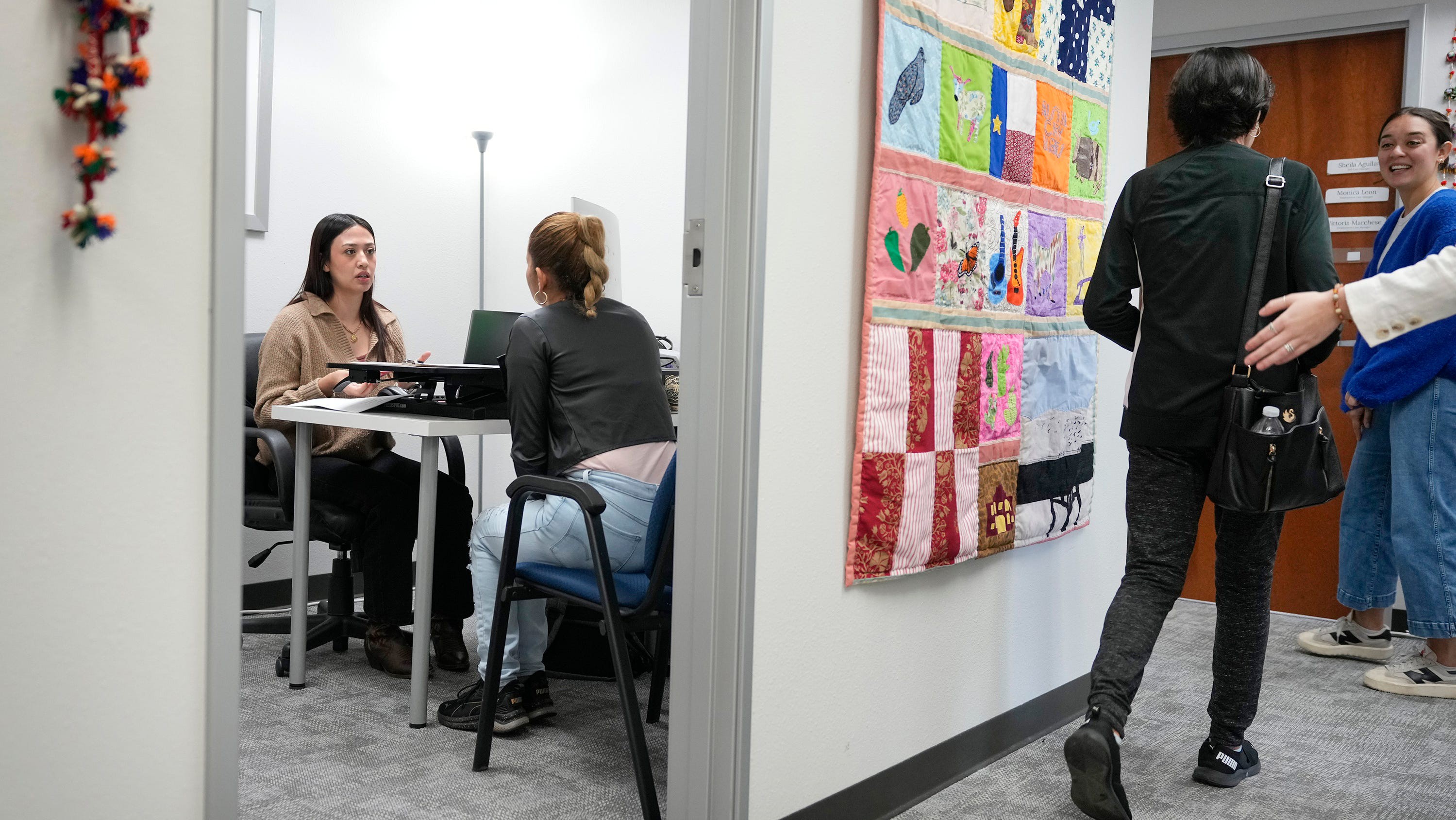news
Texas Refugee Services Stabilize as Catholic Charities Extends Role
Catholic Charities of Fort Worth reversed its decision to withdraw from managing Texas refugee services, ensuring stability for now.
Published July 21, 2025 at 4:19pm by Emiliano Tahui Gómez

A threat to the stability of Texas refugee services appears to be averted, at least for now.
Catholic Charities of Fort Worth, which oversees the distribution of federal funds to state refugee service providers through the Texas Office for Refugees, announced Thursday that it will continue managing the program after having said last month that it would relinquish its role by October. The organization took on the program's management after the state of Texas cut its refugee programs in 2017 under the auspice that some refugees were not being properly vetted.
Fearing that the Catholic Charities' exit would leave them without access to about $200 million in federal funding, providers began a campaign against it.
Previously: After funding freeze, refugee dollars flowing to Texas again but program's fate uncertain
The providers' pleas may have worked, with Catholic Charities of Fort Worth reversing course and committing to continue operating the program until October 2026.
“After deeper reflection, we recognized that an early withdrawal as the Replacement Designee for the state of Texas could risk serious disruptions in services to those we serve — something we could not in good conscience allow,” CCFW CEO Michael Iglio said in an email statement. “Our continuing in this role for one more year allows for a more stable and responsible transition that ensures the well-being of clients across Texas.”
It has been a tumultuous year for refugee resettlement agencies and service providers in Texas. When the Trump administration took office in January, it halted reimbursements to refugee service providers and, in a pointed move, extended a review of the Texas Office for Refugees — along with a freeze on its funding — for several weeks longer than it did for any other state. Texas-based refugee service providers, including Anjum Malik of Austin, called the pause politically motivated and designed to undermine the state’s refugee support infrastructure.
The pause froze about $47 million from state refugee service providers during six weeks, resulting in the layoffs and furloughs of an estimated 85% of industry staff across the state, the Texas Office for Refugees estimated in March. Thousands of Austin-area refugees and immigrants with legal status went without access to English classes, job training and case management and cash assistance programs.
The federal funding pause ended in March amid a lawsuit from Catholic Charities of Fort Worth.
Thursday’s announcement “was a wonder of wonders,” said Malik, whose organization Global Impact Initiative offers job training and a case management program.
Malik said that, although Catholic Charities did not give providers a reason for the change in decision, she believes community pressure was influential.
“I even wrote the pope letting him know what’s going on,” Malik said.
The guarantee of Catholic Charities operating for another 14 months allows organizations like Global Impact Initiative to maintain full staffing and make concrete plans, Malik said.
Although providers celebrated Thursday’s announcement, it only guarantees another year of refugee services in Texas. Earlier this year, the federal Office of Refugee Resettlement announced it would stop distributing funds to states without their own refugee programs once its current contracts expire. Texas is one of 14 states where designees exist because the state government has chosen to reject federal support for refugees.
For now, organizations are planning for a possible transition away from federal funding. Simone Talma Flowers, executive director of Interfaith Action of Central Texas, said this includes applying for grants and looking to move staff members to other programs. She said her organization is committed to maintaining services.
“It just might not be at the scale that we are today,” Talma Flowers said. But, “you have to have hope. You always have to have hope.”

